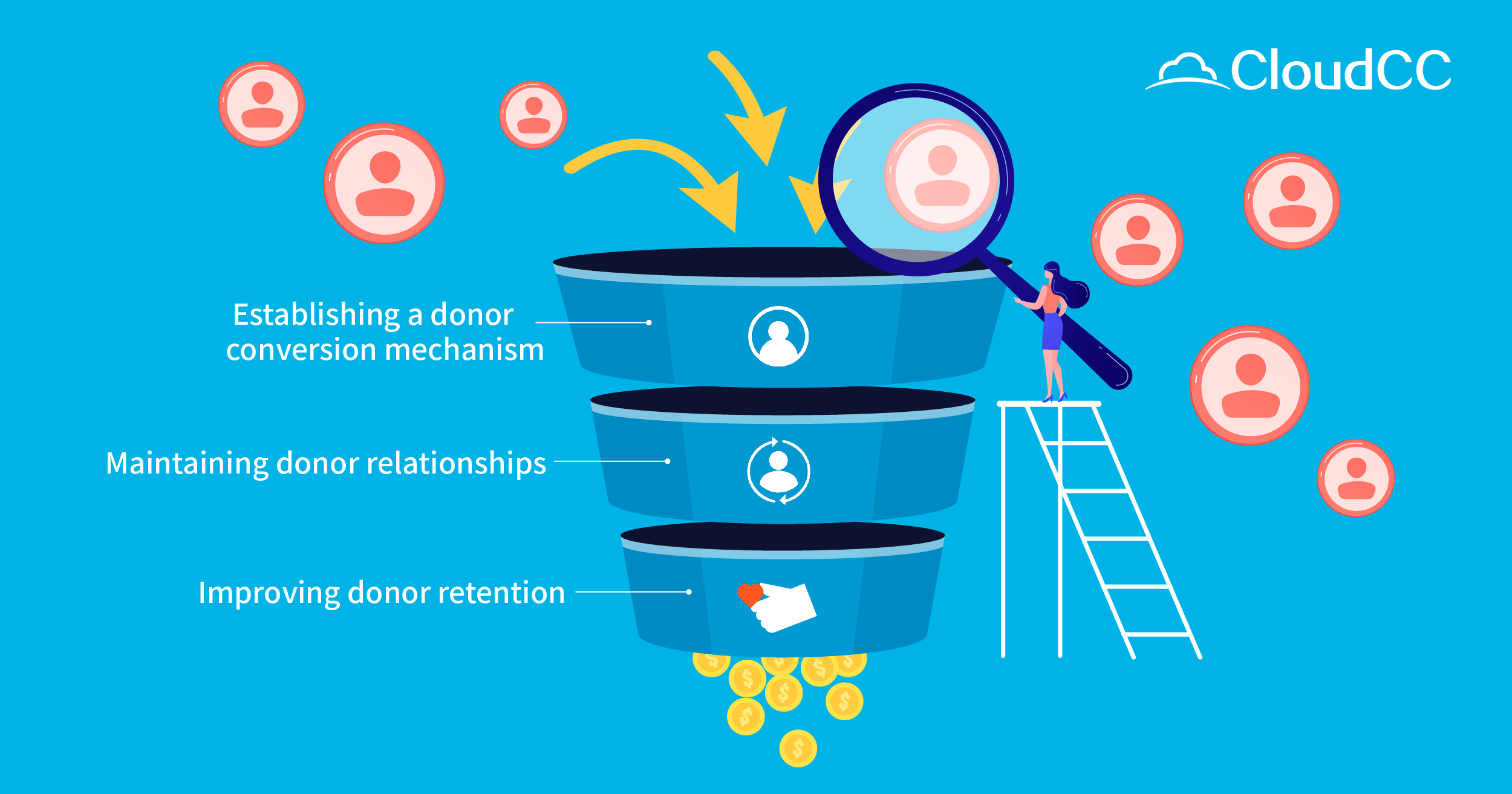
A Deep Dive into Customer Relationship Management
May 15, 2025In an era where customer expectations are higher than ever, businesses must find smarter ways to connect, engage, and retain their clients. One of the most valuable tools in achieving this goal is CRM software. But exactly what does CRM software stand for, and why is it such a game-changer in modern business strategy?
CRM Explained: More Than Just an Acronym
CRM stands for Customer Relationship Management. At its core, CRM software is a powerful system designed to manage a company’s interactions with current and prospective customers. It consolidates customer information, streamlines communication, automates tasks, and improves overall relationship management across departments.
Though often associated with sales and marketing, CRM software goes far beyond. It plays a critical role in every touchpoint of the customer journey—from initial contact to post-purchase support.
What CRM Software Does in Practice
Understanding what CRM stands for is just the beginning. The true value lies in what it helps businesses accomplish. Here are some of the primary functions of CRM software:
1). Customer Data Management
CRM software centralizes all customer data—names, emails, call logs, purchasing history, and preferences—into a single platform. This makes it easy for teams to access vital information and provide personalized service.
2). Sales Tracking and Pipeline Management
CRM systems help sales teams track leads, manage opportunities, and monitor deal progress. By providing real-time insights and activity reminders, CRM tools ensure no potential customer falls through the cracks.
3). Marketing Automation
With CRM software, marketers can create targeted campaigns, segment audiences, and analyze campaign effectiveness. Automated workflows save time and increase engagement by delivering the right message to the right person at the right time.
4). Customer Service and Support
CRM platforms often include help desk and ticketing features that enable customer service teams to resolve issues faster. With access to complete customer histories, agents can offer more effective, personalized support.
5). Analytics and Reporting
CRM software provides detailed analytics to measure performance, forecast trends, and identify new business opportunities. This data-driven approach supports smarter decisions across all departments.
Why CRM Matters in Today’s Business Environment
In a competitive marketplace, strong customer relationships are a key differentiator. CRM software allows businesses to stay organized, respond faster, and deliver consistent, high-quality service. Whether you’re a small startup or a global enterprise, a well-implemented CRM system can boost productivity, improve customer satisfaction, and increase revenue.
Cloud-Based CRM: The New Standard
With the rise of cloud technology, many businesses are adopting cloud-based CRM solutions like CloudCC CRM. These platforms offer scalability, remote access, and real-time updates—ideal for today’s mobile and hybrid workforces.
Conclusion: CRM as a Business Essential
So, what does CRM software stand for? It stands for Customer Relationship Management—but more importantly, it stands for smarter business. It represents the tools, strategies, and technologies that allow companies to build and maintain valuable relationships with their customers.
As customer demands evolve, CRM software remains a critical asset for any business aiming to grow, adapt, and thrive in a customer-centric world.









